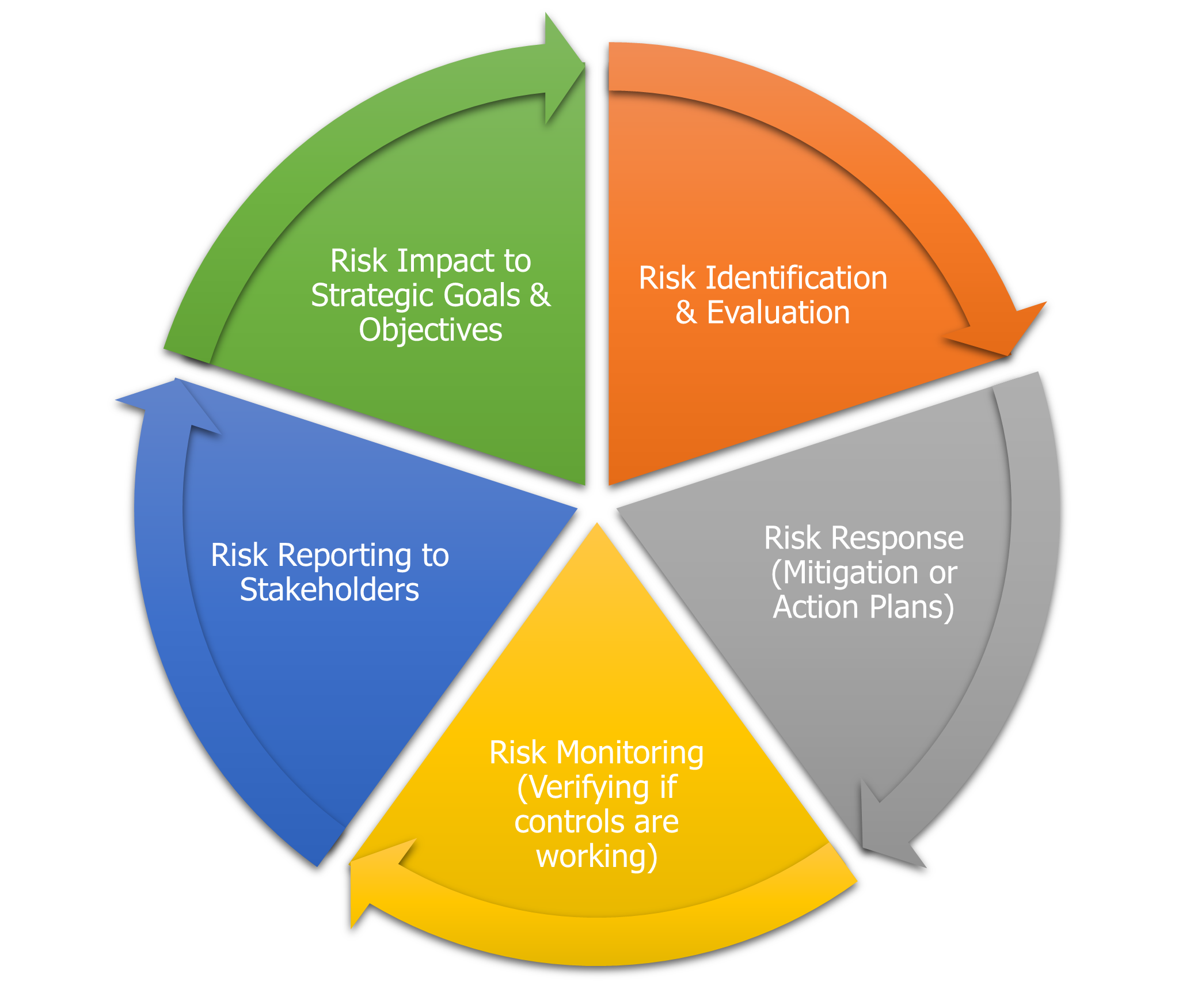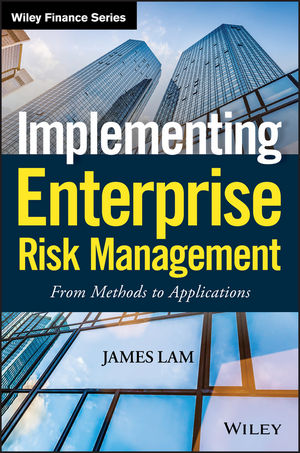Check out the Duty of AI in Supporting Ethics and Honesty to Combat Expert Threats Successfully
The integration of AI in business frameworks has come to be critical in dealing with expert threats. By using advanced analytics and real-time tracking, AI systems can determine discrepancies from ethical behavior amongst employees (Insider threats). This positive approach not only boosts conformity however likewise promotes an environment of trust. As firms progressively depend on these modern technologies, concerns occur about their efficiency and possible effects for workplace culture. What lies ahead in the advancement of AI's duty in promoting stability?
Understanding Expert Threats and Their Effect on Organizations
Although companies often concentrate on outside hazards, expert risks position a significant threat that can undermine security and honesty. These threats arise from individuals within the organization, such as specialists or employees, that might abuse their access to sensitive info for personal gain or destructive intent. The effect of insider risks can be extreme, resulting in financial losses, reputational damage, and legal implications.
Factors adding to expert hazards include dissatisfaction with the workplace, lack of oversight, and insufficient staff member training on safety methods. Organizations typically have a hard time to recognize these hazards, as they can be hard to discover till significant damage has occurred. Avoidance strategies should concentrate on fostering a culture of trust fund and responsibility, together with applying durable monitoring and reporting systems. By identifying and attending to the intricacies of expert hazards, organizations can enhance their safety and security position and safeguard their beneficial properties from inner threats.
The Development of AI in Workplace Safety And Security
As organizations progressively confront diverse safety and security challenges, the integration of fabricated intelligence (AI) in office protection has actually advanced considerably. AI applications focused mainly on automating fundamental protection methods, such as access control and security. Nevertheless, advancements in device discovering and data analytics have transformed AI into an aggressive tool capable of identifying potential hazards and susceptabilities in real-time.
Organizations now utilize AI-driven systems to examine huge quantities of information, enabling them to spot anomalous actions that may indicate expert hazards. This evolution has actually brought about the growth of sophisticated formulas that can pick up from historical events, boosting the system's predictive capacities. On top of that, AI devices are increasingly used to improve event feedback procedures, allowing security teams to act promptly and efficiently.
How AI Monitors Staff Member Habits for Ethical Compliance
Fabricated intelligence plays an important function in checking worker habits to ensure ethical compliance within companies. AI systems examine vast quantities of data produced by employees, including communications, transactions, and access to delicate details. By using advanced algorithms, these systems can recognize inconsistencies from established honest criteria and firm policies.
Maker knowing versions continually adjust to acknowledge patterns of behavior that could show ethical violations, such as unapproved data access or unusual purchase activities. Insider threats. In addition, AI-driven devices can supply real-time informs to management, helping with timely interventions when possible threats are identified
The assimilation of AI into conformity surveillance not just boosts the organization's capacity to support integrity yet additionally fosters a society of responsibility among staff members. By promoting transparency, AI systems work as a deterrent versus dishonest behavior, ensuring that workers remain lined up with organizational values and moral requirements.
Assessing Patterns: Recognizing Risky Actions With AI
A growing variety of organizations are leveraging AI to examine patterns that might suggest high-risk behavior amongst employees. By utilizing sophisticated algorithms, these systems can look with substantial quantities of information, recognizing abnormalities in customer habits that might suggest prospective expert dangers. For example, AI can identify uncommon gain access to patterns to sensitive information, such as employees accessing files outside their normal scope of job or during irregular hours. In addition, behavioral analytics can highlight regular modifications in an employee's communication design or partnership practices, which might indicate underlying concerns. This positive strategy allows companies to identify threat factors prior to they escalate into substantial threats. The combination of AI right into monitoring practices not only enhances protection but also promotes a culture of responsibility and moral actions. By determining these patterns, companies can much better recognize the behavior dynamics within their labor force, eventually advertising a safer and extra ethical work atmosphere.
Real-Time Insights: Immediate Feedbacks to Potential Risks
Real-time insights with anticipating analytics and automated sharp systems play a vital duty in attending to prospective threats to values and integrity. By leveraging these innovations, companies can prepare for risky actions and respond immediately to mitigate threats. This proactive approach enhances accountability and promotes a society of stability in various environments.
Predictive Analytics Applications

Automated Alert Systems
Predictive analytics gives a structure for organizations to enhance their responsiveness to ethical concerns via automated sharp systems. These systems utilize real-time data to monitor tasks, finding anomalies that may indicate prospective insider hazards. By leveraging artificial intelligence formulas, automated notifies can determine patterns of behavior that drift from developed standards, enabling for swift treatment. This immediacy Source is necessary in mitigating risks connected with unethical techniques. Furthermore, automated sharp systems can improve interaction among pertinent stakeholders, guaranteeing that possible threats are attended to promptly and successfully. As organizations significantly depend on AI-driven services, the integration of automated alert systems will certainly play a critical function in cultivating a culture of values and integrity, eventually securing business possessions.
Fostering a Culture of Count On Via AI-Driven Transparency
AI-driven openness can substantially improve trust fund within organizations by advertising accountability and open interaction. Through real-time monitoring solutions, stakeholders can get understandings into procedures and decision-making, fostering a culture of honesty. Data-driven decision-making even more sustains this openness, enabling notified selections that align with moral criteria.
Enhancing Transparency and Responsibility
Just how can companies efficiently cultivate a society of trust? By improving openness and liability through the calculated use synthetic knowledge. AI can aid organizations systematically track decision-making processes, making certain that actions align with well-known ethical standards. This transparency enables staff members to see the reasoning behind decisions and plans, decreasing ambiguity and fostering a feeling of fairness. In addition, AI-driven tools can facilitate clear communication pertaining to assumptions and duties, equipping people to take possession of their actions. As responsibility comes to be ingrained in the organizational culture, workers are more probable to take part in ethical habits, understanding their actions are kept track of and assessed. Ultimately, this strategy grows an atmosphere where depend on can grow, considerably alleviating the danger of expert risks.
Real-Time Monitoring Solutions
As companies significantly look for to promote a society of trust fund, real-time surveillance services emerge as a crucial tool in boosting openness. These AI-driven systems continuously track activities, supplying insights into individual actions and potential abnormalities that might indicate insider risks. By carrying out such monitoring solutions, organizations can proactively identify dangers, ensuring prompt responses to questionable tasks. This not just safeguards delicate info however additionally enhances a commitment to ethical techniques. The clear nature of real-time tracking helps construct staff member confidence, as individuals are mindful that their actions are being observed for the greater good. Ultimately, these remedies offer to grow a workplace setting based in depend on, accountability, and moral integrity, important for minimizing expert risks efficiently.

Data-Driven Decision Making
Real-time tracking options prepared for data-driven decision production, which substantially boosts business transparency. By leveraging AI modern technologies, organizations can analyze huge quantities of information to recognize abnormalities and patterns a sign of possible expert threats. This logical strategy allows stakeholders to make enlightened choices based in empirical proof, cultivating a society of trust fund amongst workers. Transparency in decision-making processes, reinforced by AI-driven insights, encourages accountability and moral actions. In addition, it enables organizations to proactively deal with vulnerabilities, guaranteeing that actions taken are warranted and interacted clearly. Therefore, the implementation of data-driven strategies not just alleviates threats linked with expert risks but additionally strengthens the values of honesty and honest conduct within the business structure.
Future Trends: The Duty of AI in Enhancing Workplace Ethics
While companies progressively turn to fabricated intelligence for functional effectiveness, the potential of AI to improve workplace principles is gaining prestige. Future trends show that AI will play a necessary role in developing moral frameworks and standards, permitting organizations to browse complex moral predicaments. By evaluating vast amounts of information, AI can determine patterns of underhanded behavior and supply insights that promote openness and accountability.
In addition, useful source AI-driven tools can assist in real-time surveillance of employee interactions, assuring adherence to ethical requirements. This aggressive approach not only minimizes expert threats however likewise grows a society of integrity. As organizations accept AI modern technologies, they should likewise focus on ethical shows and mathematical bias reduction to guarantee fairness.
In this progressing landscape, the combination of AI in moral techniques stands for a transformative change, fostering an environment where stability is not simply anticipated yet systematically strengthened.
Often Asked Concerns
Exactly How Does AI Differentiate In Between Benign and Malicious Actions?
AI differentiates between benign and harmful activities by assessing patterns in customer actions, using equipment learning formulas to determine abnormalities, and reviewing contextual information to figure out whether activities line up with recognized standards or exhibit potential hazards.
Can AI Equipment Replace Person Judgment in Ethical Decision-Making?
AI devices can not completely replace human judgment in moral decision-making. While they can examine information and recognize patterns, the nuanced understanding of context, values, and ethical ramifications still requires human understanding and discernment.
What Are the Privacy Effects of AI Checking Worker Behavior?

Exactly How Can Organizations Ensure AI Algorithms Are Fairly Created?
Organizations can assure AI algorithms are ethically created by implementing transparent advancement procedures, entailing varied stakeholders, conducting routine audits, and sticking to established honest frameworks that prioritize fairness, accountability, and respect for individual personal privacy and rights.
What Training Is Required for Staff to Comprehend Ai's Honest Function?
Personnel training must include fundamental AI principles, data privacy, and bias awareness. Workshops, study, and interactive sessions can enhance understanding, guaranteeing employees acknowledge AI's ethical implications and its role in cultivating honesty within the company.
Fabricated knowledge plays a necessary function in keeping an eye on worker behavior to guarantee ethical conformity within companies. The integration of AI right into checking methods not only improves security however also promotes a society of accountability and ethical habits. While organizations significantly deal with moral issues and possible honesty violations, anticipating analytics applications offer timely understandings that can assist minimize these risks. Predictive analytics provides a structure for companies to improve navigate to this site their responsiveness to honest issues through automated sharp systems. Future trends indicate that AI will play a necessary role in creating ethical structures and standards, enabling companies to navigate complicated ethical issues.